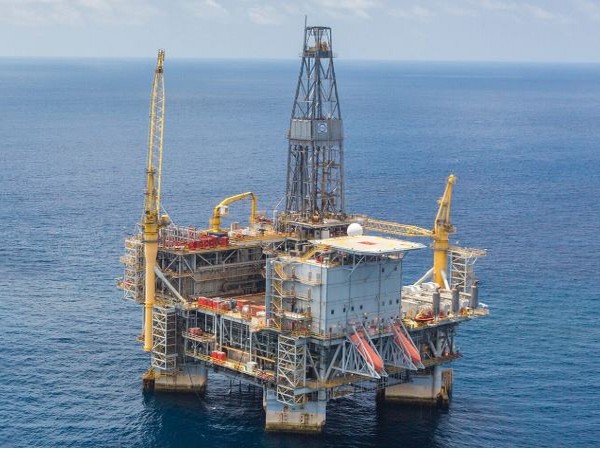Germany's Jan-April oil imports rise 14.6%, bill doubles
German crude oil import volumes rose 14.6% in the first four months of 2022 year-on-year as the economy recovered from the impact of the COVID-19 pandemic and the bill doubled due to higher prices, official data showed on Wednesday.

- Country:
- Germany
German crude oil import volumes rose 14.6% in the first four months of 2022 year-on-year as the economy recovered from the impact of the COVID-19 pandemic and the bill doubled due to higher prices, official data showed on Wednesday. Russia remained top supplier, holding a 35% share of Germany's oil imports in the period, monthly statistics from the BAFA foreign trade office showed.
This was followed by 21.5% from the British and Norwegian North Sea, while imports from members of the Organization of the Petroleum Exporting Countries (OPEC) contributed 17.7%. The rest was shared among other sources including Kazakhstan and the United States.
BAFA releases import data with a two-month delay. This means that the impact of Russia's invasion of Ukraine on Feb. 24, which has led to economic sanctions on Russia and counter actions in energy flows, will only begin to show gradually.
German oil imports in January through April from all origins increased to 28.5 million tonnes from 24.9 million in the same months of 2021, BAFA said. Germany spent 18.5 billion euros ($18.81 billion) on crude imports in the four months, 99% more than a year earlier.
The average price paid per tonne on the border rose by 74% over the same period a year earlier, standing at 647.57 euros, BAFA said. Brent oil prices in the global market clawed back some lost ground after a 9% sell off on Tuesday on growing fears of a recession and lockdowns in China.
Prices had rebounded strongly through 2021 and early in 2022 and hit their highest level since 2008 in March, driven by concerns about the impact of Russia's invasion on supply and recovering demand after the end of lockdowns. They are still at nearly 8-year highs. ($1 = 0.9833 euros)
(This story has not been edited by Devdiscourse staff and is auto-generated from a syndicated feed.)










